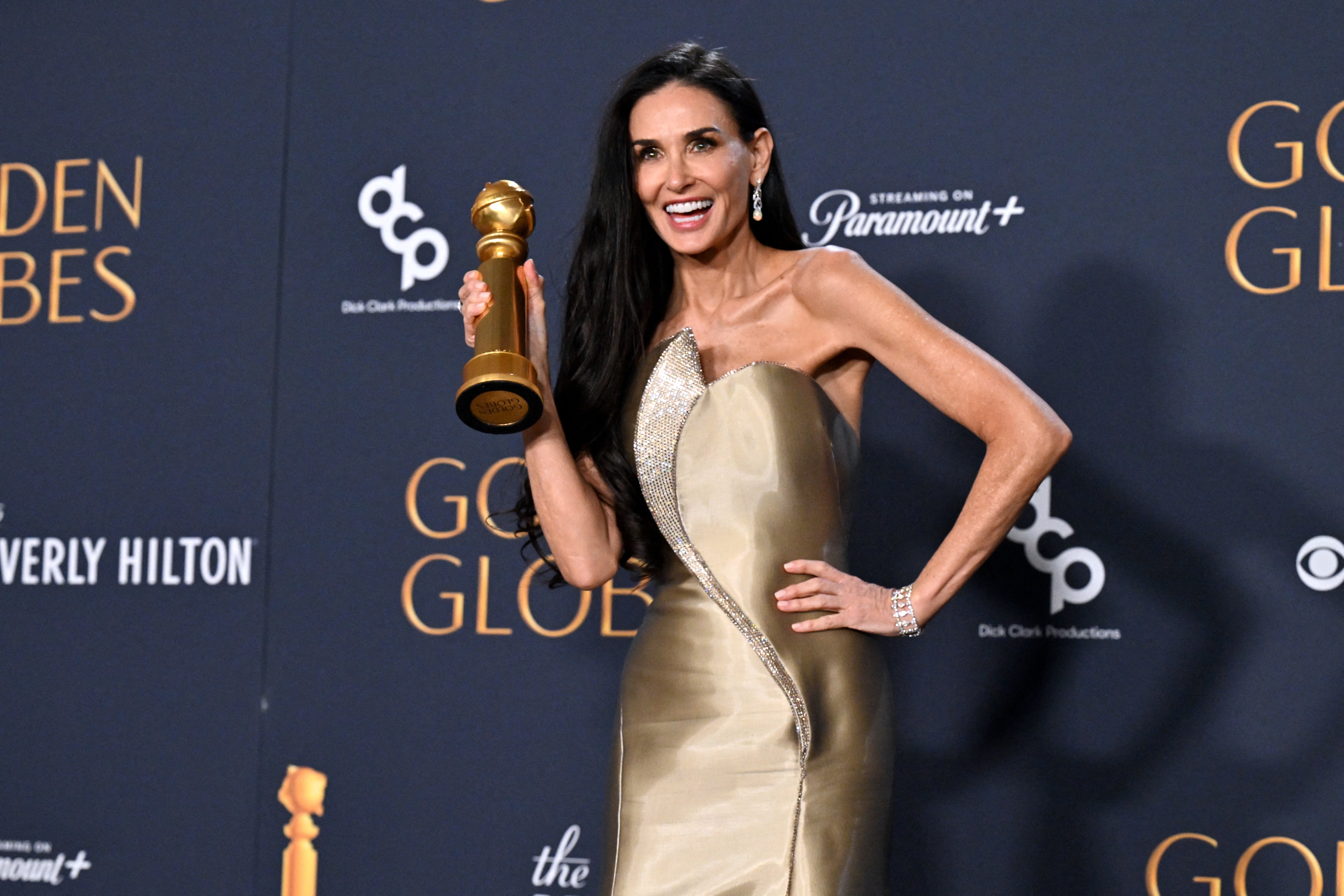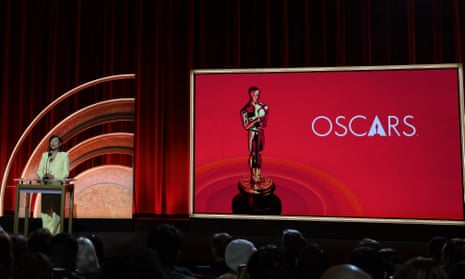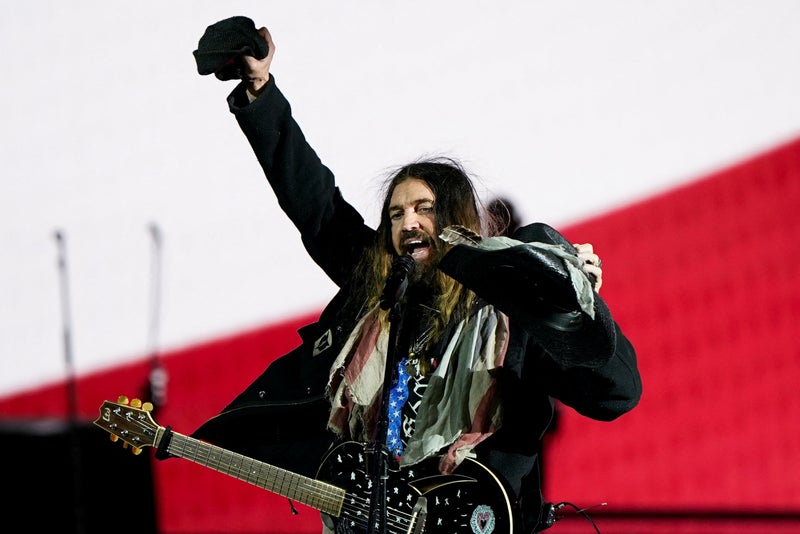‘Long way to go’ on gender parity in film and TV industry, Bafta chair says
Share:
Sara Putt cites lack of access and retention in an increasingly precarious industry. There is still a “long way to go” to achieve gender parity in the film and television industry, Sara Putt, the chair of Bafta has said, before the nominees’ announcement this week.
The talent agent and producer, who took over as chair of Bafta in 2023, said the low representation of women in the awards’ most prestigious categories was reflective of a lack of access to and retention in an industry that has become increasingly precarious.
“It’s lovely to work with an amazing group of women,” Putt said when asked about the prevalence of women in leadership roles at Bafta, including its CEO. “But there’s still a long way to go to achieve gender parity in all sorts of ways in this industry. At Bafta we care passionately about creating as level a playing field as possible. That’s why we created the interventions that we did after the film review.”.
In 2024, just one female director was nominated for best film and best director (Justine Triet for Anatomy of a Fall) at the Baftas. This year, just one film by a female made the best film longlist of 10 (Coralie Fargeat for The Substance), while none of the female film-makers longlisted for best director are from the UK.
This was despite an overhaul by Bafta of its system in 2020, following a huge outcry in a year when nominations included no actors of colour and another all-male best director shortlist. Bafta added 1,000 new members to its committee and announced that half of the nominees in the longlist for best director must be women. The voting system was also changed, with a list of 15 films that committee members must watch, to avoid a smaller selection dominating the list.






















